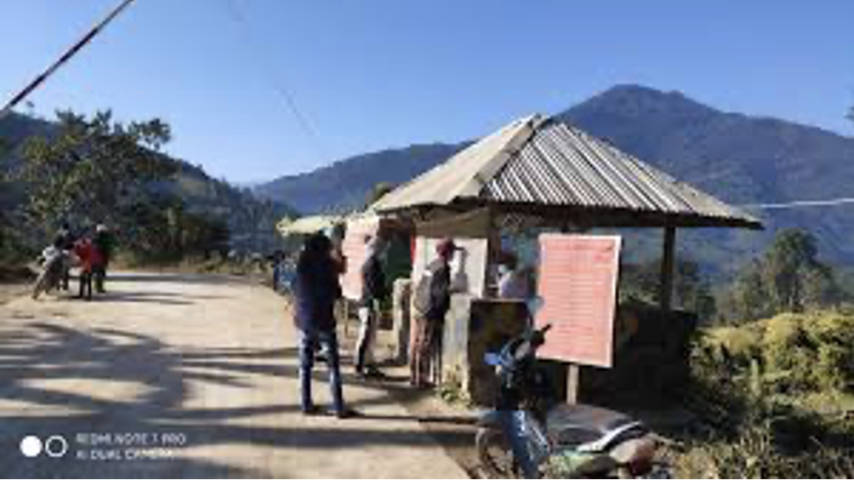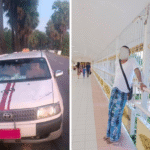There is a severe shortage of most medicines and skyrocketing prices in Lahe Township, Naga Self-Administered Zone, according to health workers and locals.
A health worker from Naga region said: “Prices have gone up at almost all shops in Naga the Region. Medicines are not available at every shop. There is a severe shortage. Especially, medicines like antibiotics. It is mainly crucial for chronic patients and those with injuries.”
Regarding the skyrocketing medicine prices, some shops are selling a packet of ten paracetamol tablets for Ks-4500 to 5000. Prices for everything have risen. The only thing that hasn’t increased is depression. Commodity prices have surged, a local resident of Lahe said.
Lahe Township mainly has to import medicine and basic foodstuff from Homalin and Khamti of Sagaing Region.
The military council’s closure of the water route on the Chindwin River has led to higher commodity prices and a shortage of goods, residents said.
A local resident reported that there is a shortage of medicine at the People’s Hospital in Lahe, and people are unable to purchase the medications they need at local drug stores.
“The problem is that the People’s Hospital doesn’t have any doctors. While private clinics are still open, they lack medicine. Often, we can’t find the medications we need. My daughter was hospitalized, and I couldn’t find any medicine in the entire town. It was a huge struggle,” the local man added.
In Lahe, the price of a packet of paracetamol has risen from Ks-500 to Ks-5,000. A bottle of HD SD has increased from Ks-2,500 to Ks-10,000. A lab knife for blood collection now costs Ks-1,500, the local man continued.
A female health worker from Lahe Township said that, in addition to drug shortages and transportation challenges, people are forced to buy medicine at inflated prices due to speculation by drug stores.
“As gold and dollar prices have increased, so have commodity prices in Lahe. There are no authorities here to oversee the shops. So, shopkeepers have raised prices as they wish. Consequently, people are forced to buy items at these higher prices,” she said.
Since the coup, Lahe and Nanyun Townships in the Naga Region have experienced a rise in malaria cases. The region is struggling with a shortage of both medicine and health staff.
In Lahe town, the regional administrative headquarters of the Naga Self-Administered Zone, both roads and phone lines have been severed.
Sent by NMG


